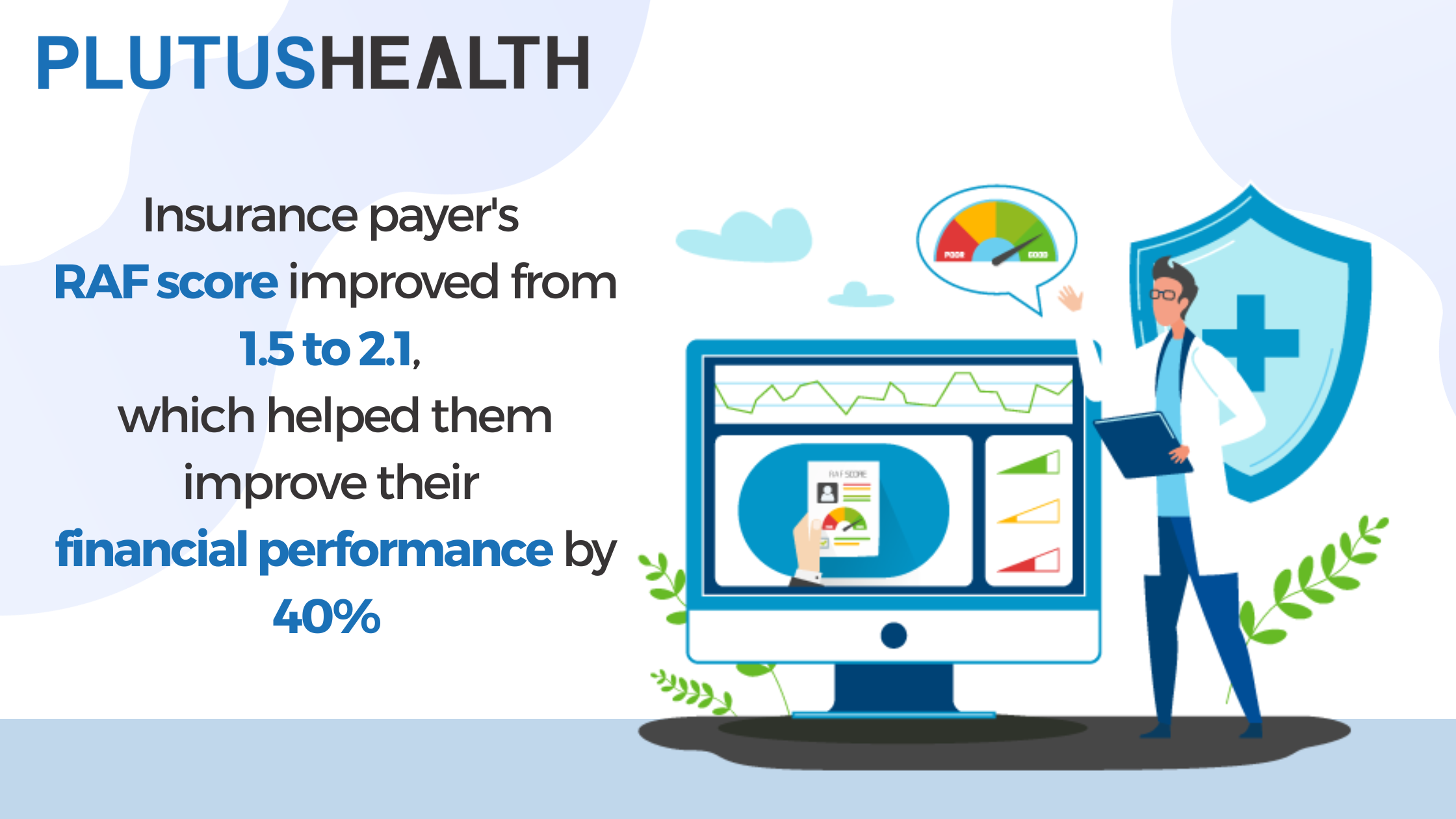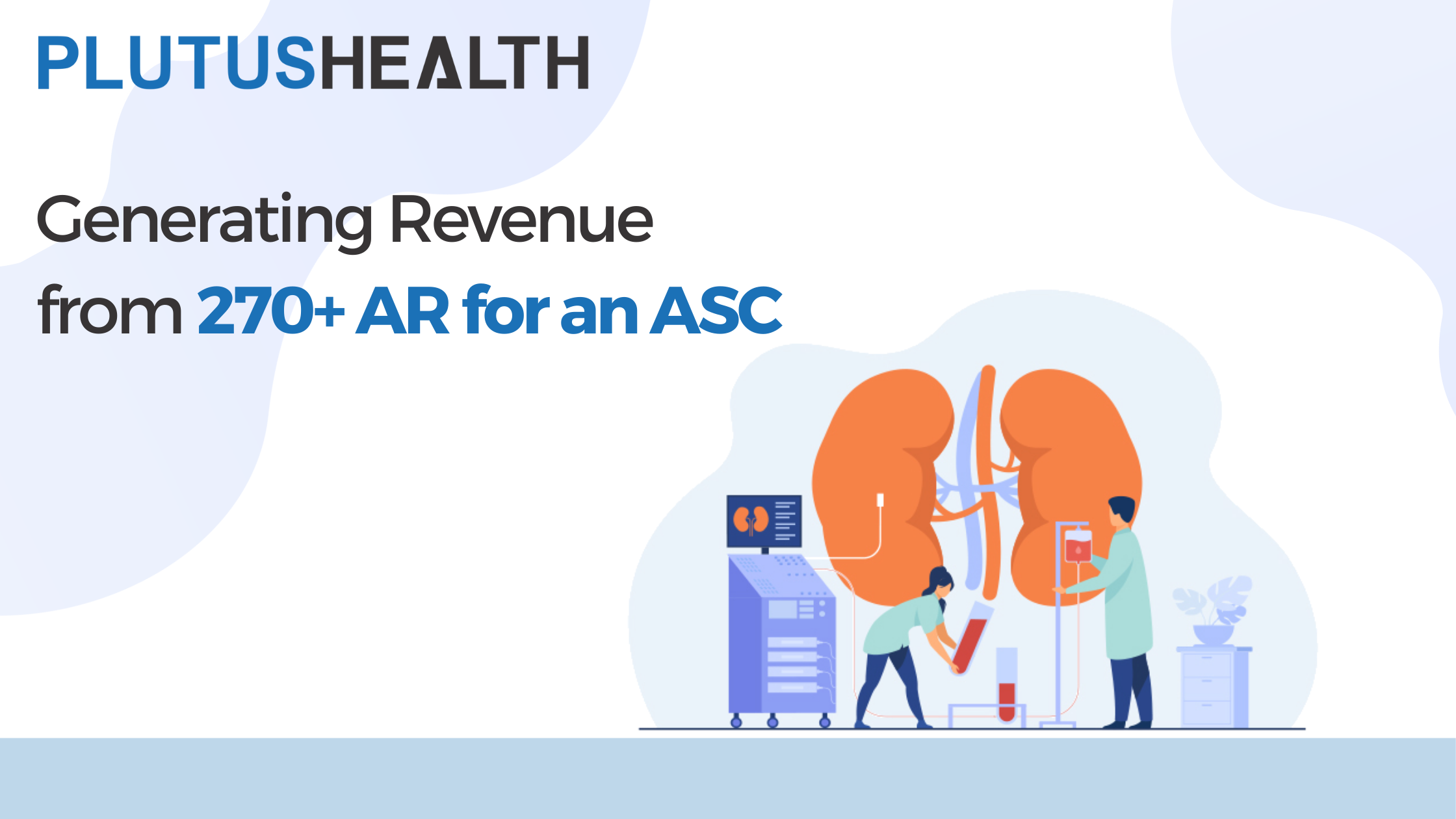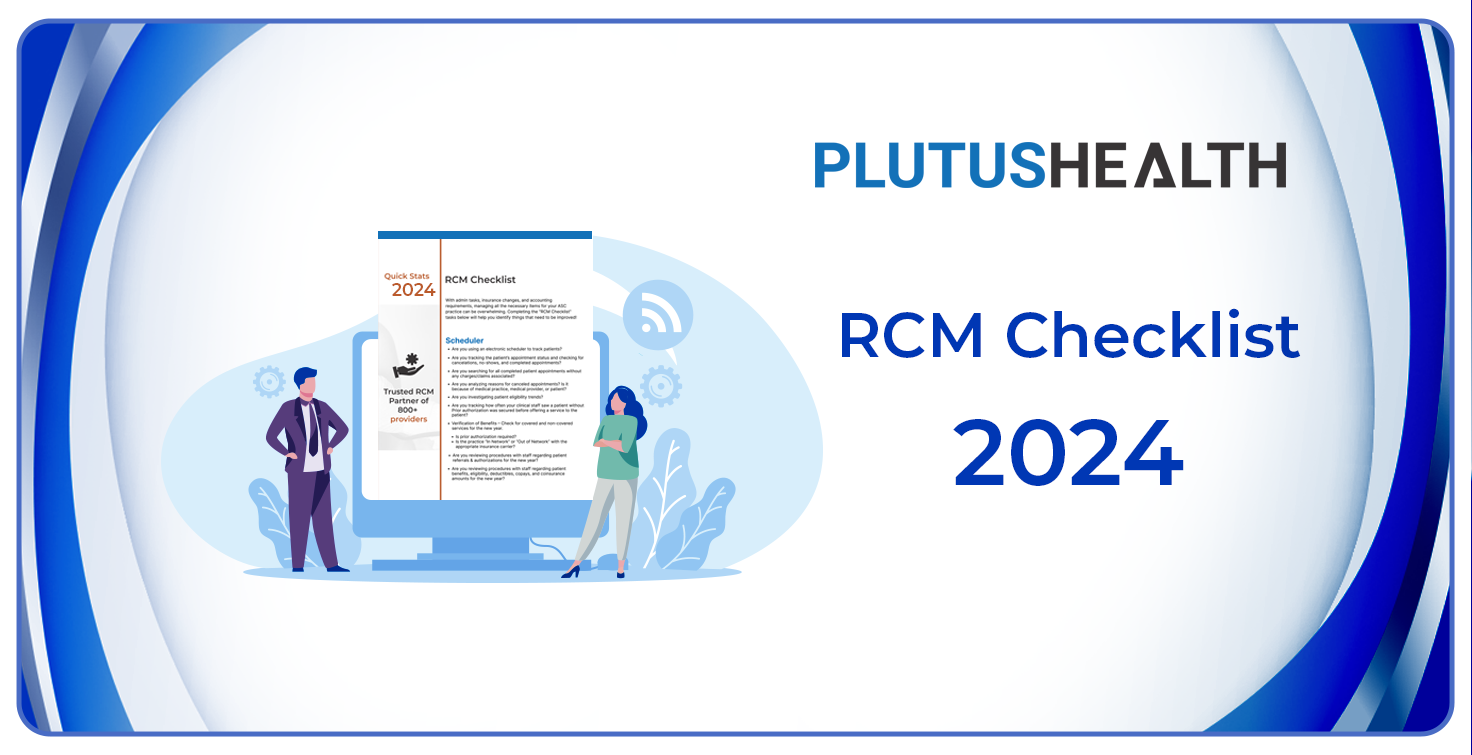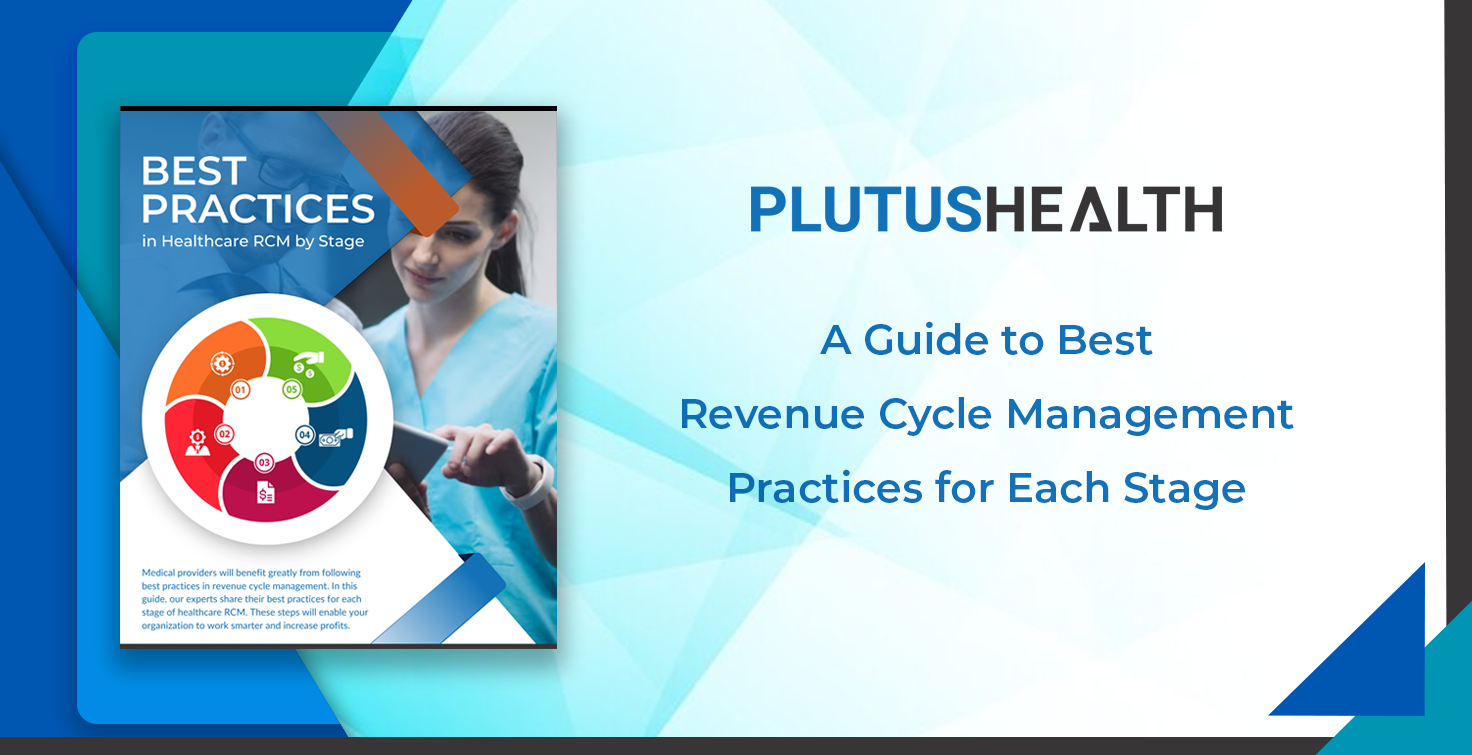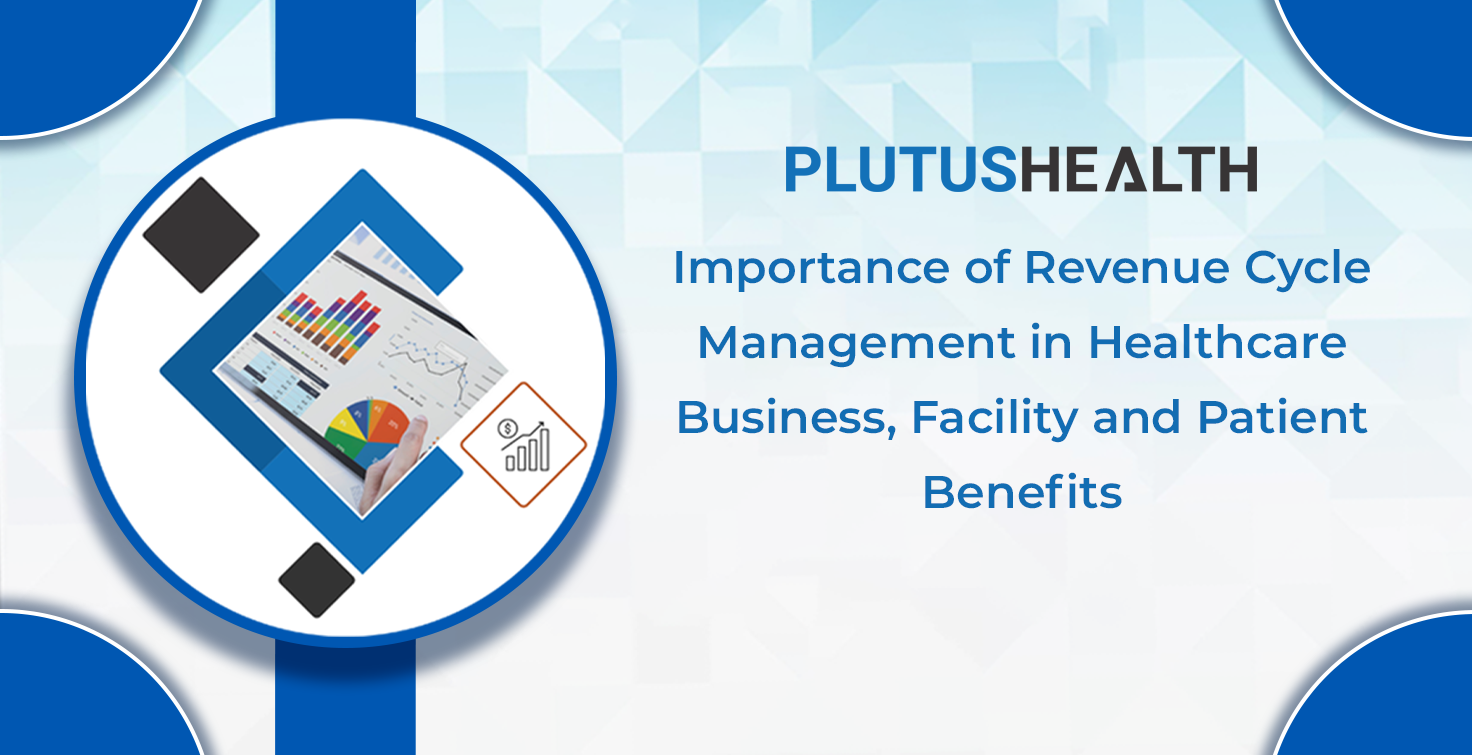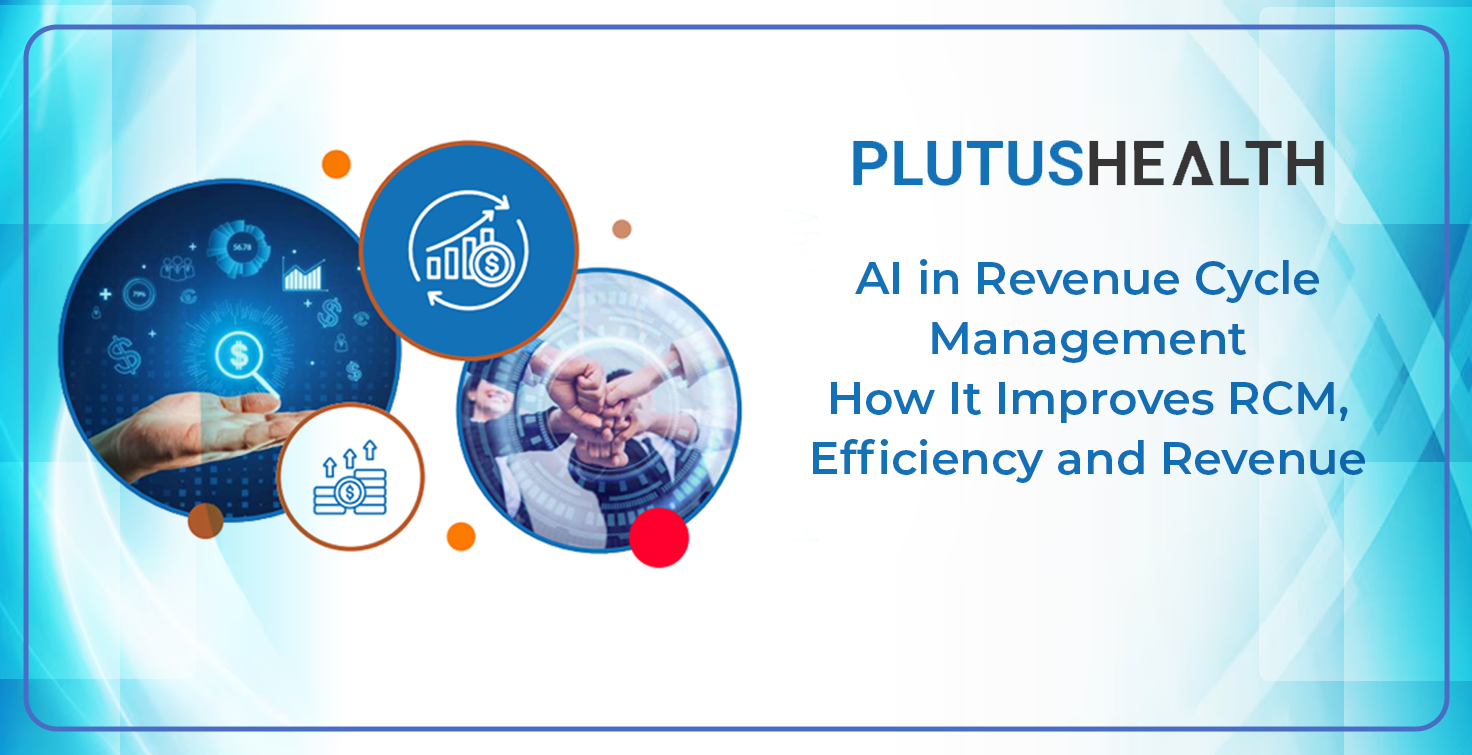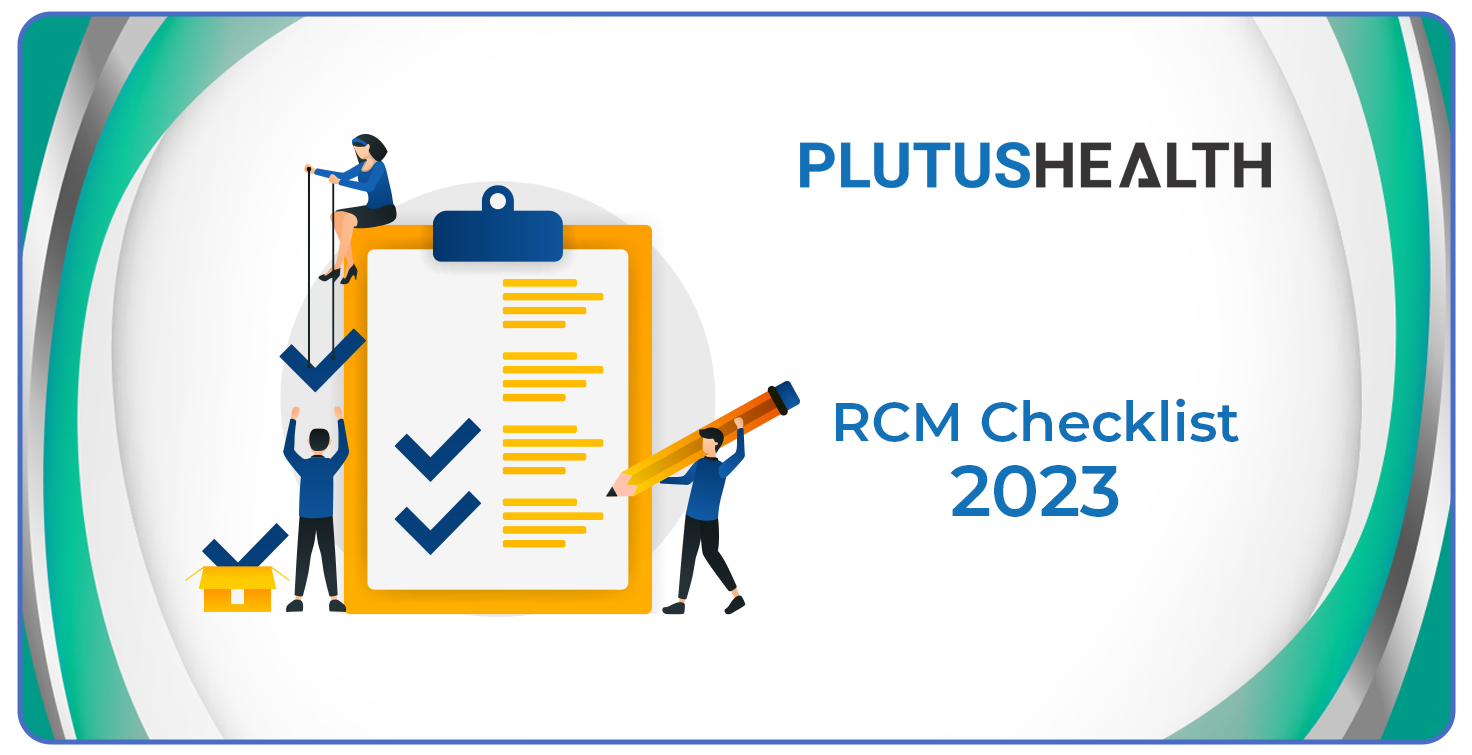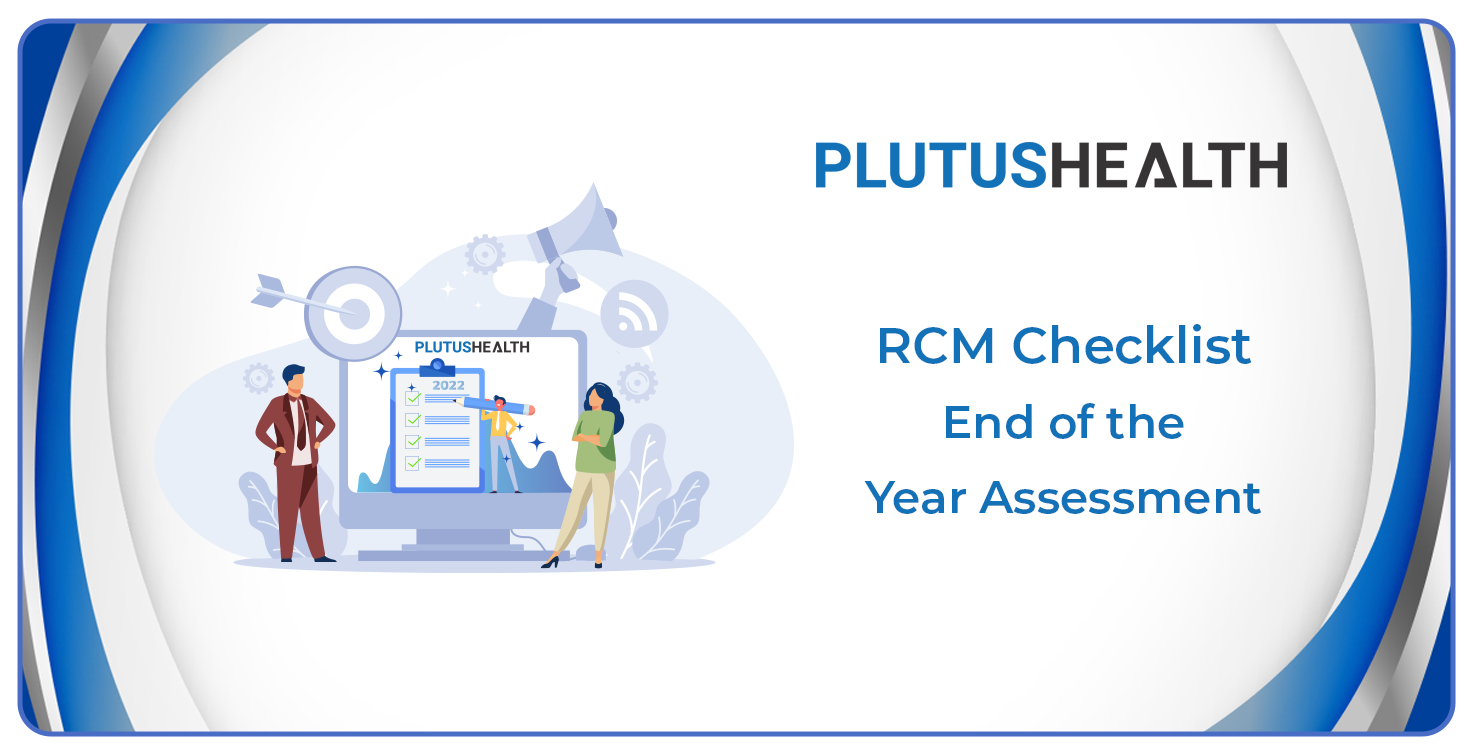Medical Billing For ASC: Challenges and Tips
Ambulatory surgery centers (ASCs) are quickly increasing in popularity. Multiple factors drive this popularity. Federal and private payers are placing more pressure on operating rooms to be price transparent. Since price transparency includes the service site, inpatient surgeries have a lower ceiling for profit than did before.
While ASCs are rising everywhere to meet this new demand, participants need to understand the inherent complexity in ASC billing. Healthcare insurance providers vary in their coding standards and frequently adopt new ones. Here are the top challenges and tips for medical billing in an ASC.
Understand CMS Requirements
The Center for Medicare and Medicaid Services (CMS) will only pay ASCs or some procedures. To be paid for these operations, an ASC must meet CMS requirements and sign a contract with the organization. The list of these procedures is available on the CMS website. This website also lists regional pay variation, covered ASC ancillary services, wage indices, and wage adjusted payment rates.
It is important to note that CMS is limited in its guideline helpfulness. A clinic should take most of its problems to its local intermediary or carrier. ASCs must constantly remain aware of what organizations can overcome reimbursement hold-ups.
Learn Health Coding Differences
The coding requirements for ASC’s deviate from standard practices. Numerous bundling edits and regulations exist specifically for the surgery centers. For example, Medicare requires physicians based outside the ASC to use different codes than physicians whose office is in the ASC.
Understanding common coding mistakes is a solid start to negating these errors. For example, circumstances may force surgeons to perform open surgery when performing arthroscopic surgery. Billers frequently separate the operation types and file for both claims in response. However, the only bill is for open surgery when this situation occurs.
Separate Out Items
Often, billers fail to recognize items that need special recognition on a claim. Some codes don't include related articles with the main procedure. Medical supplies such as casts, splints, surgical dressings, and surgeon supervision of an anesthesiologist may need special attention. Report these items separately to avoid losing reimbursement.
Know Medicare Standards
Before committing to surgery, an ASC must understand the approved list of procedures. Medicare will not pay for surgery until CMS determines that the operation will not cause a patient a certain level of risk. Additionally, overnight operations are ineligible for coverage. The standards used to determine eligibility stem from these principles.
● The procedure can be elective
● The procedure can be urgent
● The procedure cannot be done safely in the surgeon's office
● The procedure cannot be life-threatening, such as an emergency heart surgery
Communicate Between Surgeon and Biller
A common billing mistake is to check the procedure's heading instead of reading the surgeon's report. While the heading may be accurate in many situations, surgeries have unique hic-ups. In such cases, money an ASC gets may not match operation costs. Ensure that your surgeons understand how to accurately complete and submit a report and the billing staff checks this report thoroughly.
Hire a Medical Collections Billing Service
If your practice wants to keep high revenue caps while obeying coding restrictions, in-house billing may not be experienced enough or able to provide your ASC with the level of expertise required. The difficulty in juggling so many different codes is too much for many ASCs. Consider hiring a professional billing company to avoid time-costly denials while reducing staff workload. Doing so will also accelerate your reimbursements!
Plutus Health provides expert coding and billing services for freestanding ASCs and makes it easier to avoid denials. If you are struggling with billing, collection, and RCM management, our expert team will get you the fastest reimbursement possible and increase your practice's performance.
Key Takeaways
1. Check the CMS website to learn about Medicare and Medicaid restrictions.
2. Learn the coding differences for ASCs and understand frequent coding errors.
3. Add non-operation-included medical supplies as separate items in a claim.
4. Know what standards Medicare holds and the principles governing those standards.
5. Review the surgeon's report instead of relying on the procedure's heading.
6. Hire a billing and collections agency such as Plutus Health to increase medical billing efficiency.







